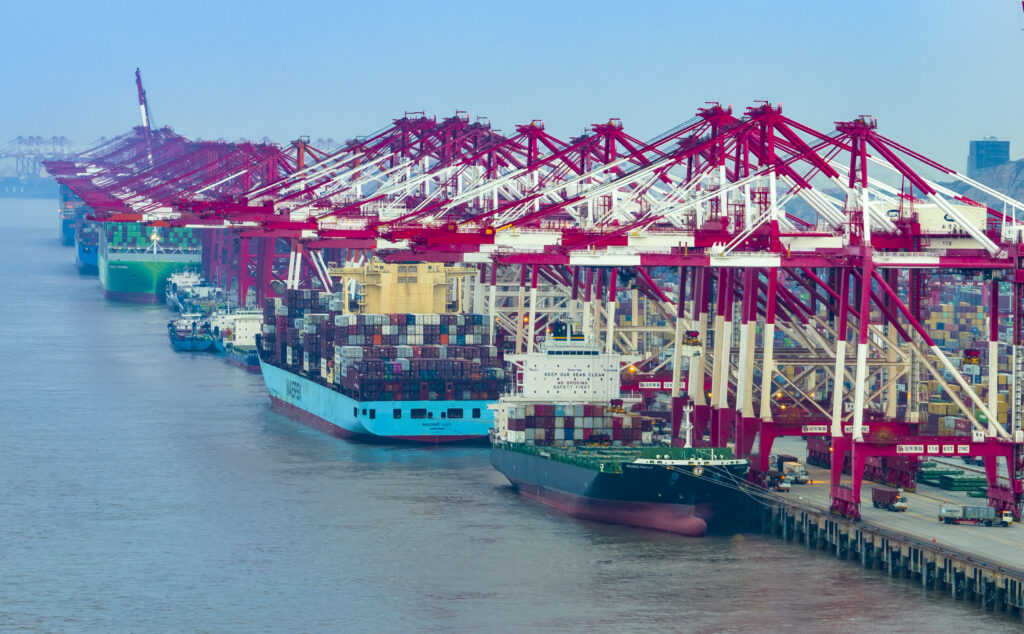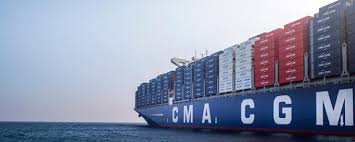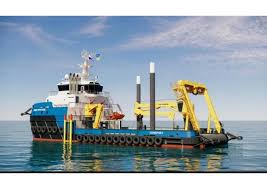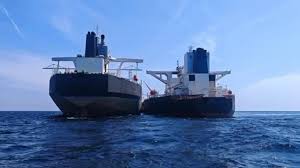The U.S. port fee plan draws sharp criticism from China and global shippers, citing risks to trade, prices, and supply chains.

In a rare alignment, China and the global shipping industry have jointly called on the United States to reconsider newly proposed port fees, warning of economic disruption, inflation, and global trade instability.
The controversy erupted after the U.S. Trade Representative’s Office (USTR) revealed a sweeping fee structure targeting Chinese-built ships and foreign-built vehicle carriers. The World Shipping Council (WSC)—representing major shipping lines—joined China in condemning the plan as ineffective and harmful to both U.S. consumers and global supply chains.
The policy, part of the Trump administration’s push to revive U.S. shipbuilding, imposes fees on all Chinese-built ships arriving at American ports and an unexpected fee on every vehicle unloaded from foreign-built vessels. The WSC called this measure “arbitrary”, warning it would raise auto prices, slow economic growth, and fail to spark domestic shipbuilding.
China’s Foreign Ministry spokesperson Lin Jian urged the U.S. to “respect facts and multilateral rules,” accusing Washington of inflaming global inflation while lacking a viable maritime revival strategy. He stressed the decline in U.S. shipbuilding began in the 1970s and cannot be reversed through protectionism.
Transportation Secretary Sean Duff defended the move, calling it a “Trump-era maritime renaissance” in an op-ed. But the WSC sharply rebuked the policy, pointing out legal overreach and calling the fees “backward-looking penalties” that would punish larger, more efficient vessels and undermine American exporters.
Joe Kramek, President & CEO of the WSC, warned that the policy “risks harming U.S. manufacturers, farmers, and consumers,” and urged targeted investments and infrastructure upgrades instead of punitive fees.
Amid the rising tensions, China is intensifying its diplomatic pushback, with President Xi Jinping rallying Asian nations against “unilateral bullying” and Foreign Minister Wang Yi denouncing U.S. protectionism just hours before the fee structure was made public.
Reuters reports that China will raise the issue at the UN Security Council next week, aiming to portray the U.S. as a trade bully on the global stage.
As backlash grows, global shipping leaders and foreign governments await Washington’s next move, with pressure mounting to abandon the fee regime in favour of collaborative maritime growth strategies.
Source: The Maritime Executive











